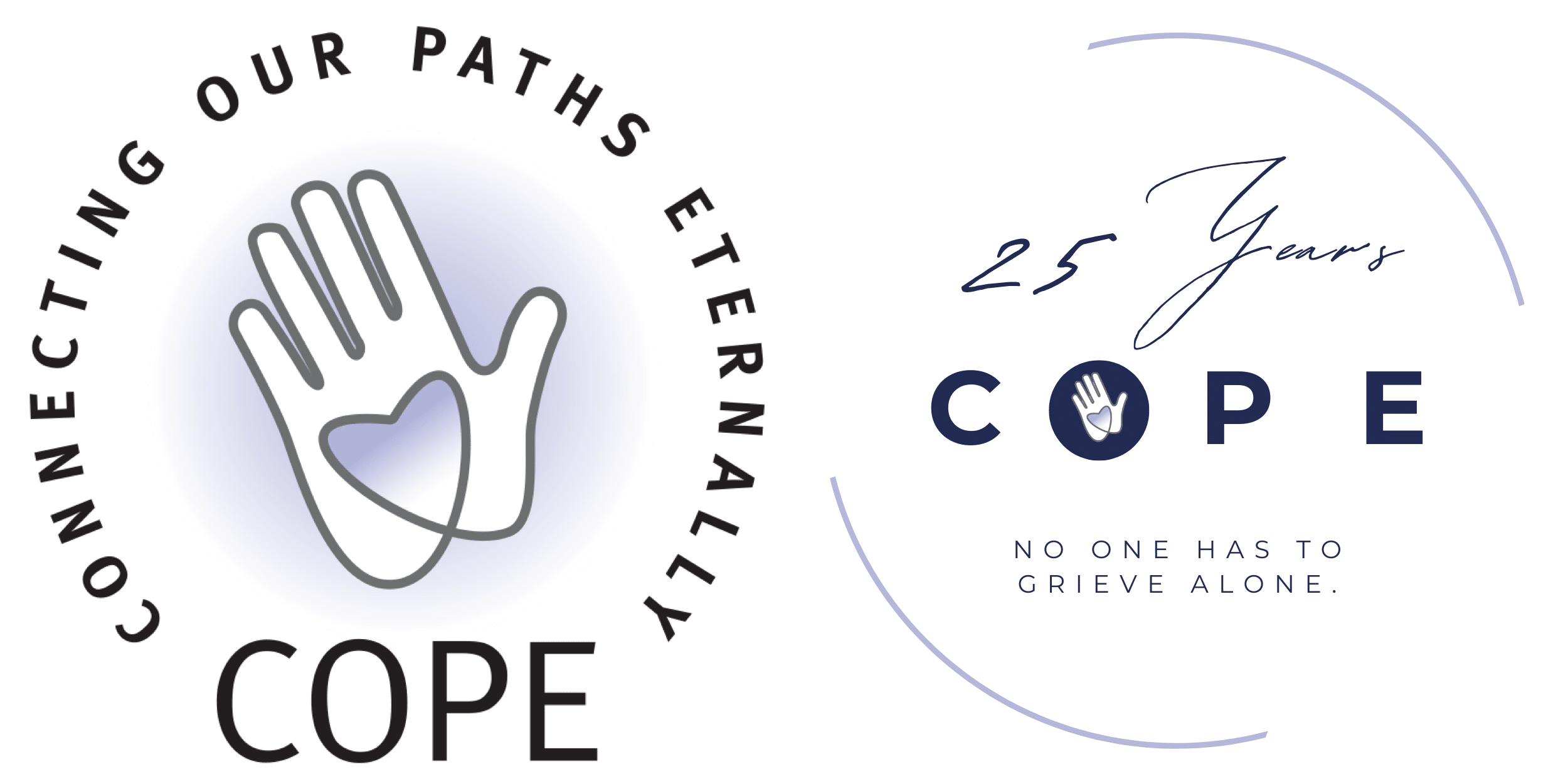Sleep Health When You Are Grieving
It is common for those who are grieving to experience changes in sleeping patterns. This can last days, weeks, months or years after the loss. From trouble falling asleep to staying asleep, those who are grieving may have:
- Intrusive thoughts
- Worries and anxieties related to the loss
- Bad dreams
- Disorders like depression, insomnia and PTSD
It is easy to overlook the impact that fatigue has on the physical and mental states of being. Research shows that long-term sleep deficits can lead to accelerated aging, increased risk of stroke, decreased bone density, increased risk of obesity, heart disease, a weaker immune response and susceptibility to cancer. It may also leave grievers with a low tolerance for frustration, and to get easily overwhelmed, irritable, angry, hostile, more depressed, and have greater emotional reactivity.
A full night’s sleep varies from person to person, but is typically 7-8 hours is the average. What can you do when you can’t sleep? According to sleepfoundation.org, those who have trouble falling asleep, staying asleep, or wake up too early can benefit from at least 30 minutes of “wind down” time before bed by doing something relaxing and by dimming the lights in the house. They also recommend disconnecting close range electronics as the light from them can be disturbing. Doing some deep breathing exercises can help relax the body and mind after a long day. If you cannot fall asleep after 20 minutes of lying in bed, get up and do something relaxing, as lying in bed can create an unhealthy link between sleeping environment and wakefulness. Lastly, try to wake up at the same time every day even if you feel tired in the morning. This will help adjust your internal clock.
If sleep issues persist, always consult with a physician.
Michelle Graff, LCSW
COPE Foundation Clinical Director
(p) 516-274-0540 (e) michelle@copefoundation.com

